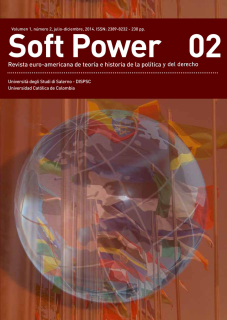Abstract
In this essay I try to show that the political and religious change happened in Egypt and in some Maghreb countries (Morocco, Tunisia) can be interpreted from a multiple modernities perspective. The central claim of this essay is that the political modernization in these countries doesn’t follow the secularization paradigm of the West relying on a separation of religion and state. In these North African countries the processes of political subjectivization show a strong connection to the transformation of religious identity and the development of arenas of religious discussion, both in pluralist that in fundamentalist point of view. I will show that the new condition of youth is an important factor in this change. Young people plays the main role/are key players in the re-Islamization of society, started in the 1980s. The strong connection between politics and religion emerged from the Arab Spring is not the result of a traditionalist and antimodern resistance but it’s due to a multiplicity of causes relying on the development of modern forms of life.











